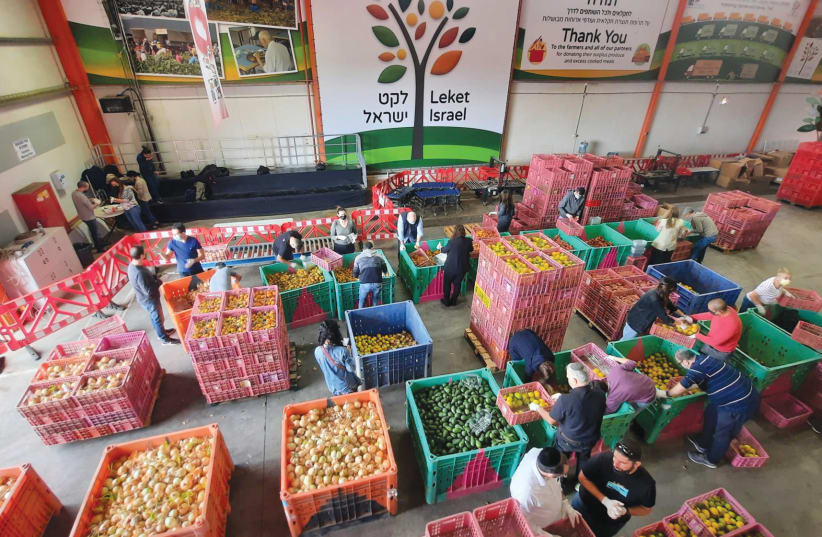Global leaders convened recently in Glasgow for COP26, the UN Climate Change Conference, to discuss vital changes needed to gain control over runaway climate change. These world leaders pledged significant resources in the fight to prevent impending natural disasters caused by climate change.
One of the steepest criticisms that Israel has received over the past few years is that it lags far behind other developed countries in making changes to mitigate climate change. Specifically, in regard to greenhouse gas emissions, Israel has the dubious “honor” of having the 10th highest emissions rate in the OECD, ranking higher than countries who are significantly larger.
On the opening day of the conference, Prime Minister Naftali Bennett called on Israel’s technology and innovation sectors to find viable solutions to combat climate change, stating that “If we are going to move the needle, we need to contribute Israel’s most valuable source of energy: the energy and brainpower of our people.”
As discussed in Leket Israel’s “Fifth Annual Food Waste and Rescue Report,” issued in partnership with the Environmental Protection Ministry, food waste is responsible for 6% of greenhouse gas emissions in Israel, which is equivalent to GHG emissions from 1.6 million cars per year – about half the number of cars in Israel. Minimizing the extent of food waste in Israel will appreciably support the national effort to meet the greenhouse gas emissions reduction target.
Nearly 50% of wasted food, equivalent to 1.2 million tons, is rescuable and its rescue could reduce GHG emissions in Israel by 3%. In 2021, Leket Israel will rescue 25,000 tons (55 million lbs.) of food. The lack of resources, government leadership and commitment, will inhibit the rescue of 1 million+ tons that is destroyed annually thus reducing one of the shortest and easiest routes to decrease GHG significantly.
RESCUING ALL the available food is not something that we at Leket Israel can do alone. The Israeli government needs to implement policies in order to reduce waste and encourage food rescue. Additionally, governmental backing of activities and initiatives can help the public internalize the environmental benefits of these actions.
With the right support, what Leket Israel has achieved on a small scale can be replicated globally. OECD countries looking to lower their carbon footprints can partner with Israel, adopting the Leket model of food rescue as a cost-effective and environmentally-friendly method of poverty relief.
If Prime Minister Bennett is relying on Israeli innovation to help solve these issues, then I call upon him to invest in Leket Israel and support our growing expertise in food rescue for the benefit of Israel’s and the world’s citizens.
Leket Israel is the leading food rescue operation in Israel, rescuing more than 1 million lbs. of fresh, nutritious, surplus produce weekly from farms; and more than 1.7 million excess cooked meals annually from hotels, corporate cafeterias, IDF bases and more.
The writer is CEO of Leket Israel. www.leket.org/en

